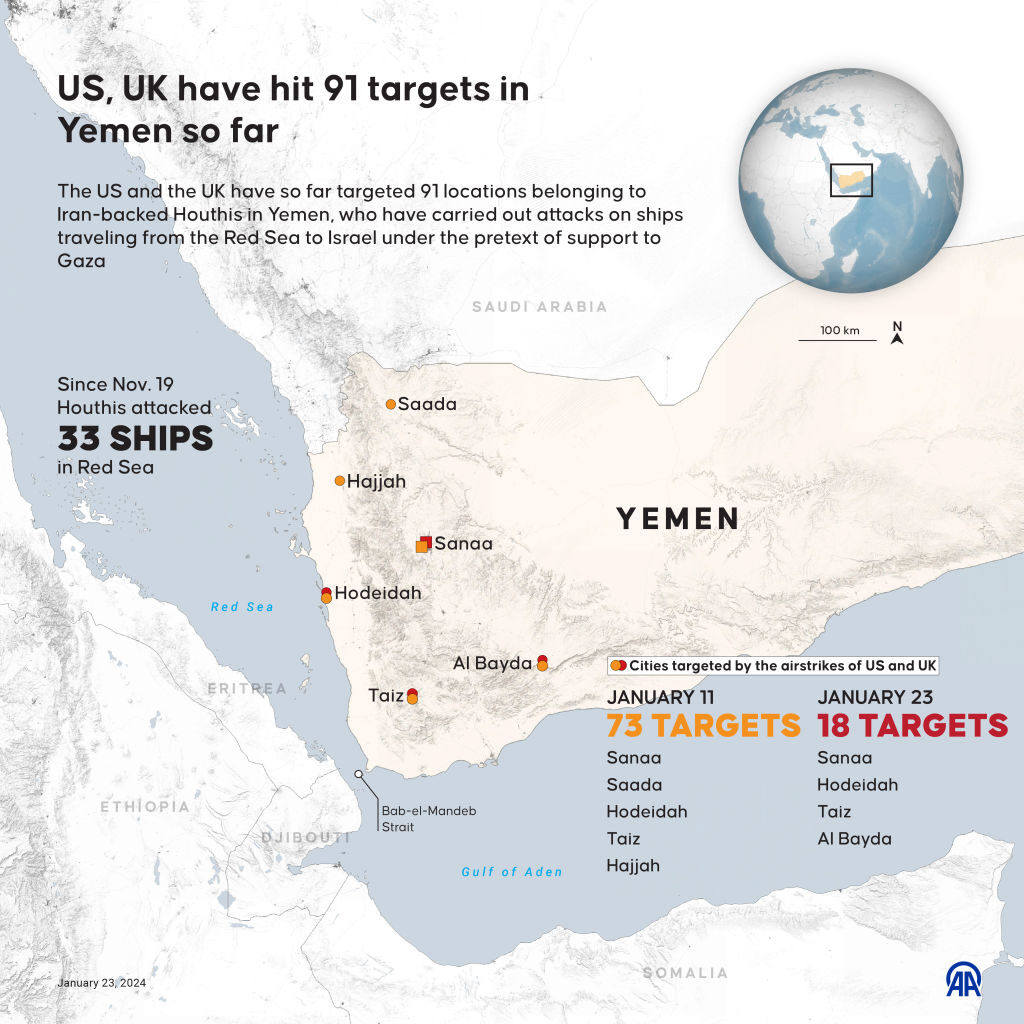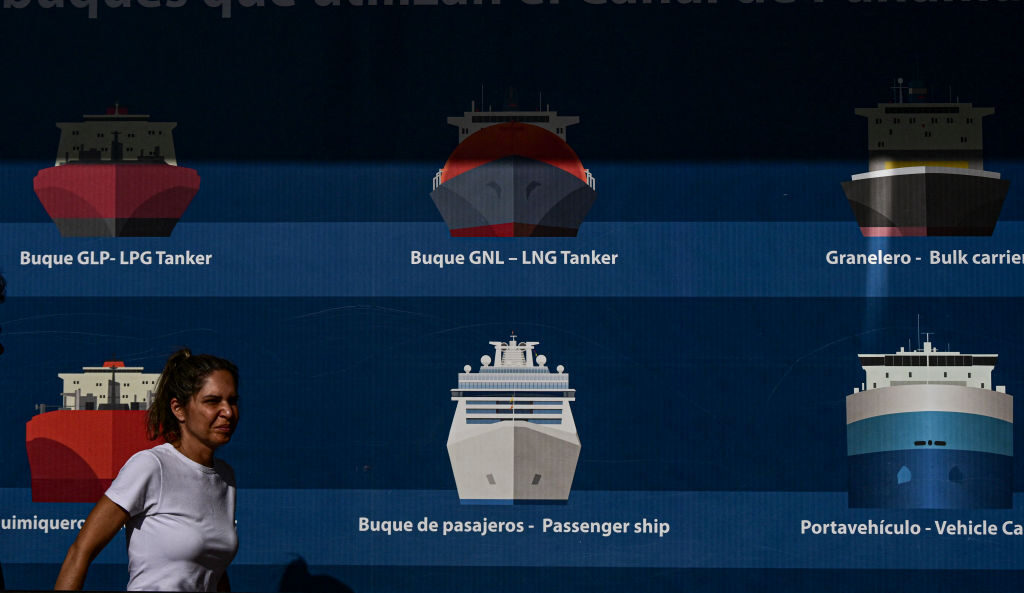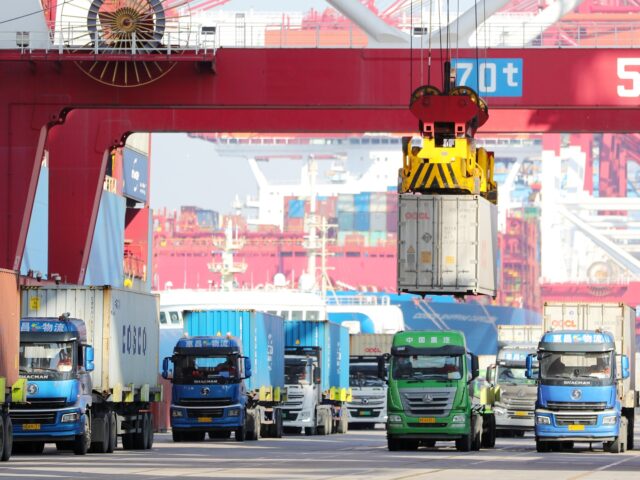The U.N. warned global consumers Friday to get ready to begin paying more for just about everything – if you haven’t already started.
That grim forecast was pinned on global trade being disrupted by attacks in the Red Sea, the war in Ukraine, and low water levels in the Panama Canal, with inflated oncosts driven by those events being passed directly to consumers.
AP reports Jan Hoffmann, a trade expert at the U.N. Conference on Trade and Development (UNCTAD, said shipping costs in general have already surged with energy and food prices being especially vulnerable to supply chain choke points, raising inflation risks.
Since attacks by Yemen’s Houthi terrorists on ships in the Red Sea began in November, he said major players in the shipping industry have temporarily halted using Egypt’s Suez Canal, a critical waterway connecting the Mediterranean Sea to the Red Sea and a vital route for energy and cargo between Asia and Europe, the report notes.
The U.S. and UK have mounted increasing numbers of counter strikes against the Houthi terrorists to clear the way but shipping companies are now loathe to use the traditional route.

The U.S. and the UK have so far targeted 91 locations belonging to Iran-backed Houthis in Yemen, who have carried out attacks on ships traveling from the Red Sea to Israel under the pretext of support to Gaza. (Yasin Demirci/Anadolu via Getty Images)
The Suez Canal handled 12 percent to 15 percent of global trade in 2023, but UNCTAD estimates the trade volume going through the waterway dropped by 42 percent over the last two months, Hoffmann said.
Global shipping giant Maersk is just one of the canal users now forced to send its ships elsewhere, as Breitbart News reported.
Hoffmann, who heads the trade logistics branch at Geneva-based UNCTAD, told a video press conference the Houthi attacks are taking place at a time when other major trade routes are under being upended.
The nearly two-year war since Russia’s Feb. 24, 2022 invasion of Ukraine and other geopolitical tensions have reshaped oil and grain trade routes including through the Black Sea, he said.
Compounding difficulties for shipping companies, Hoffmann said, severe drought has dropped water levels in the Panama Canal to their lowest point in decades, severely reducing the number and size of vessels that can use it.

A tourist visits Miraflores locks, at the Panama Canal, on January 10, 2024. The drought affecting the Panama Canal has forced the restriction in the number of ships transiting the waterway. (MARTIN BERNETTI/AFP via Getty Images)
Total transits through the Panama Canal in December were 36 percent lower than a year ago, and 62 percent lower than two years ago, Hoffmann said.
As for costs, he said, average container shipping spot rates from Shanghai have gone up by 122 percent since early December, while rates from Shanghai to Europe went up by 256 percent and rates to the U.S. west coast by 162 percent.
“Here you see the global impact of the crisis, as ships are seeking alternative routes, avoiding the Suez and the Panama Canal,” Hoffmann said.
The Associated Press contributed to this report

COMMENTS
Please let us know if you're having issues with commenting.